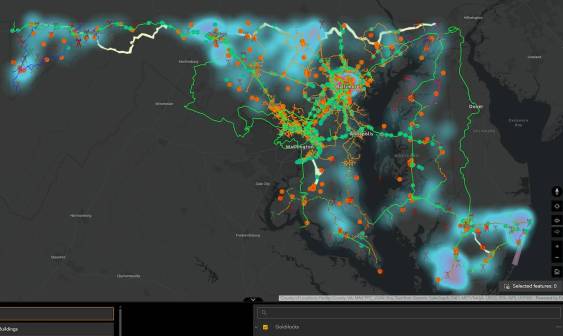Delaware is looking for a partner to expand rural broadband

Delaware officials on Thursday released an anticipated request for proposals to fulfill their plan to expand broadband internet access across the state. The broadband initiative, first announced last month by Gov. John Carney, aims to connect 127,700 homes and businesses in rural areas over the next two years.
Although Delaware routinely tops rankings of states according to their broadband speeds, those connections tend to be enjoyed by residents of Wilmington and surrounding New Castle County, and the state capital of Dover. But many residents of Sussex and Kent counties, home to the state’s agricultural base, aren’t hooked up to Delaware’s 700 miles of fiber and have been stuck with much slower internet service.
“Working with the private sector over the next two years, we expect to eliminate broadband deserts and ensure that every Delaware citizen and business has access to high-speed broadband service,” Carney said in July , when he announced the broadband push.
While Delaware’s existing fiber network runs the entire length of the state, it hasn’t branched into low-density areas. The state plans to spend up to $2 million to extend those connections into rural communities.
The RFP allows for bidders to propose both wired and wireless infrastructure to reach the targeted areas. The winning contractor will be required to build a network that is capable of download speeds of at least 15 megabits per second in at least 75 percent of the coverage area, and at least 50 megabits per second for at least 33 percent of customers.
Building out high-speed internet access is one part of Carney’s broadband push. The other main component is making sure its poorest residents can get online. Firms bidding for the rural broadband expansion contract are also being solicited for pricing options affordable to low-income families, especially those with children eligible for meal-assistance programs.
Firms are also being asked to offer plans that do not “do not limit, quota, cap, or otherwise ration a user’s total upload and download data capacity.”






